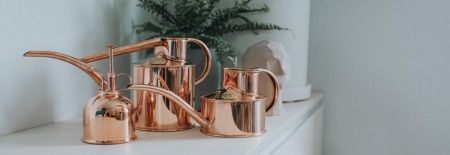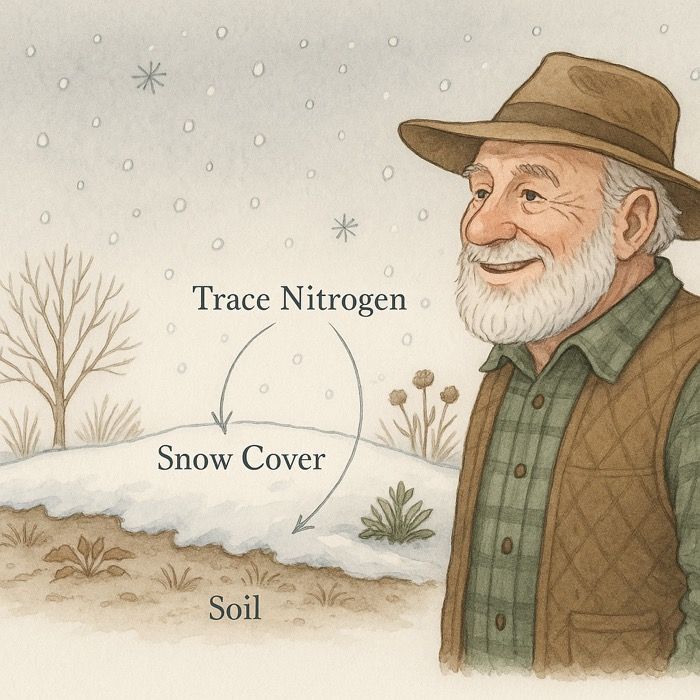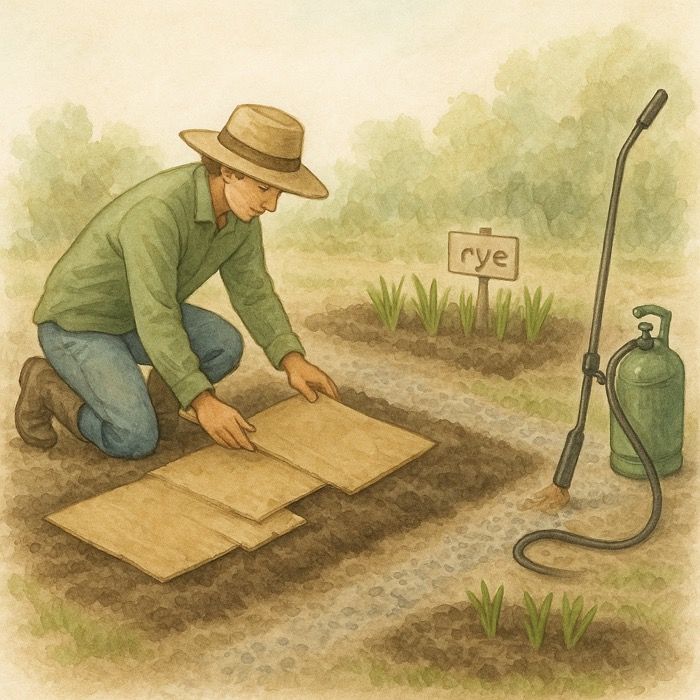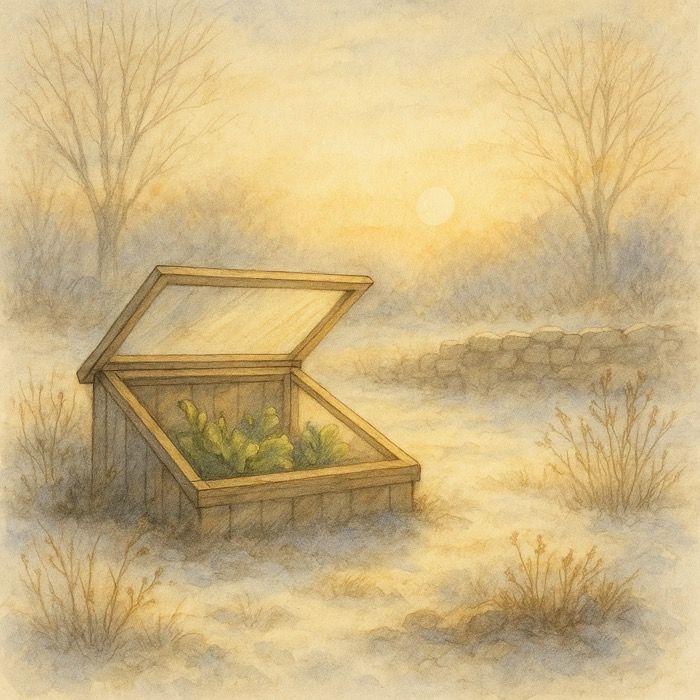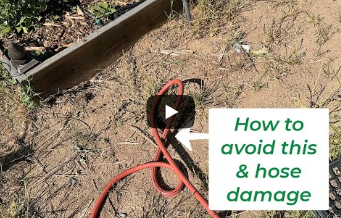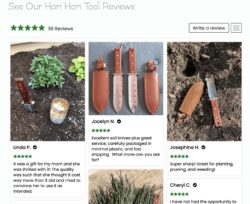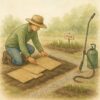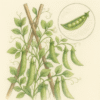The Ultimate Guide to Using Insecticidal Soap
Tips for using liquid soap to help your garden prosper
Introduction
In the quest for a thriving organic garden, managing pests can be a significant challenge. One of the most effective and environmentally friendly solutions is insecticidal soap. This powerful yet gentle option helps keep your plants healthy without resorting to harsh chemicals. In this guide, we’ll explore everything you need to know about insecticidal soap, including how it works, how to make your own, and the best practices for using it in your garden.
What is Insecticidal Soap?
Insecticidal soap is a specially formulated soap designed to control soft-bodied pests such as aphids, mealybugs, spider mites, and whiteflies. Unlike conventional pesticides, insecticidal soap is safe for most beneficial insects, humans, and pets, making it a preferred choice for organic gardeners.
How Does Insecticidal Soap Work?
The active ingredients in insecticidal soap are fatty acids derived from plant oils or animal fats. When sprayed directly on pests, the soap penetrates their outer coating, causing dehydration and ultimately, death. This method is effective because it targets the pests’ physical structure rather than relying on toxic chemicals.
Benefits of Using Insecticidal Soap
Using insecticidal soap in your garden offers numerous advantages, making it a go-to solution for organic gardeners. Here are some of the key benefits:
- Eco-Friendly – Insecticidal soap breaks down quickly in the environment, reducing the risk of long-term contamination.
- Selective Pest Control – It mainly affects soft-bodied pests, sparing beneficial insects like ladybugs and bees.
- Non-Toxic – Safe for use around children and pets, making it ideal for home gardens.
- Cost-Effective – Easily made at home with common household ingredients.
How to Make Your Own Insecticidal Soap
Creating your own insecticidal soap is simple and cost-effective. Here’s a basic recipe to get you started on making an effective pest control solution at home.
Basic Recipe
Ingredients
- 1 tablespoon of liquid dish soap (without additives like fragrances or degreasers)
- 1 quart of water
- Optional – 1 tablespoon of vegetable oil (for added adherence)
Master Gardener Tip: Using commercial dish soaps is not recommended for brewing your own insecticidal soap. The best option is Castile soap. Castile liquid soap is a versatile, all-natural soap made primarily from vegetable oils. Originally from the Castile region of Spain, where it was traditionally made with olive oil.
Instructions
- Mix the soap and water thoroughly in a spray bottle.
- If using, add the vegetable oil and mix well.
- Test the mixture on a small area of the plant to ensure it doesn’t cause damage.
- Once tested, spray directly on the affected areas, ensuring thorough coverage.
Additional Recipes
Garlic and Pepper Insecticidal Soap
Ingredients
- 1 tablespoon of liquid dish soap
- 1 quart of water
- 1 bulb of garlic, minced
- 1 teaspoon of cayenne pepper
Instructions
- Combine the garlic and cayenne pepper with the water.
- Let the mixture sit for 24 hours, then strain out the solids.
- Mix in the dish soap and pour into a spray bottle.
- Test on a small area of the plant before full application.
Neem Oil Insecticidal Soap
Ingredients
- 1 tablespoon of liquid dish soap
- 1 quart of water
- 2 teaspoons of neem oil
Instructions
- Mix the dish soap and neem oil with the water.
- Shake well and pour into a spray bottle.
- Test on a small area of the plant before full application.
Tips for Using Insecticidal Soap
To maximize the effectiveness of insecticidal soap and minimize any potential harm to your plants, follow these best practices.
- Timing is Key – Apply the soap early in the morning or late in the afternoon to prevent leaf burn from the sun.
- Target Pests – Focus on spraying directly on the pests for maximum effectiveness.
- Repeat Applications – Insecticidal soap works best with regular applications, usually every 5-7 days until the pest problem is under control.
- Avoid Overuse – Excessive use can harm your plants. Stick to the recommended dosage and frequency.
Precautions When Using Insecticidal Soap
While insecticidal soap is generally safe, it’s important to take some precautions to ensure it doesn’t harm your plants. Here are some tips to keep in mind.
- Test First – Always test the soap on a small part of the plant to check for sensitivity.
- Avoid Sensitive Plants – Some plants, such as ferns and delicate flowers, may be sensitive to insecticidal soap.
- Proper Storage – Store the soap mixture in a cool, dark place to maintain its effectiveness.
Conclusion
Insecticidal soap is a versatile and effective tool in any organic gardener’s arsenal. By understanding how it works and following best practices, you can keep your garden free of harmful pests without compromising your commitment to organic gardening. Give insecticidal soap a try and enjoy the benefits of a healthier, more vibrant garden.
Have you tried insecticidal soap in your garden? Share your experiences and tips in the comments below! For more organic gardening advice, subscribe to our newsletter and never miss a post.
Frequently Asked Questions (FAQ)
- Can insecticidal soap harm my plants?
- Yes, if not used properly. Always test on a small area first and avoid applying during the hottest part of the day.
- How often should I apply insecticidal soap?
- Typically, every 5-7 days until the pest problem is under control.
- Is insecticidal soap safe for edible plants?
- Yes, but make sure to rinse the plants thoroughly before consuming.
- Can I use regular dish soap for insecticidal soap?
- Use only pure liquid dish soap without additives like fragrances or degreasers.
- What pests does insecticidal soap control?
- It controls soft-bodied pests like aphids, mealybugs, spider mites, and whiteflies.
- Can I use insecticidal soap on indoor plants?
- Yes, it’s safe for indoor plants, but ensure good ventilation during application.
- How does insecticidal soap affect beneficial insects?
- It mainly targets soft-bodied pests and is less harmful to beneficial insects like ladybugs and bees.
- Can insecticidal soap be used in combination with other treatments?
- Yes, it can be used with other organic treatments, but avoid mixing with sulfur or lime sulfur.
- What should I do if my plant shows signs of sensitivity?
- Rinse the plant thoroughly with water and avoid further applications until the plant recovers.
- How long does it take for insecticidal soap to work?
- It starts working on contact, but you may need several applications to see significant results.
More From Our Master Gardener
Recent Posts

❄️ Snow as Fertilizer – The Truth About “Poor Man’s Nitrogen”

5 Unexpected Winter Weed Control Strategies (That Don’t Involve Mulch)

Harnessing Winter Sun – Passive Solar Tricks for Your Garden

How to Grow Spinach – The Ultimate Beginner’s Guide for Tender, Nutritious Leaves

How to Grow Peas: The Ultimate Beginner’s Guide for Sweet, Crisp Harvests


